Democratic Presidential Candidates on College Loans and Tuition
Massachusetts senator Elizabeth Warren is among a crowded of democrats looking to win the nomination in 2020. An important issue for each candidate is the student debt crisis.
February 2, 2019
Even though the 2020 presidential election is still well over a year away, candidates for the Democratic nomination have been announcing their campaigns since July 2017. The primary elections officially start in February 2020, but candidates are already working on appealing to various demographics, including young people and college students.
Because of the increasing amount of student debt college graduates are left struggling with after graduation, many candidates promise some form of policy aimed toward easing this burden and making higher education more accessible.
The first candidate for the Democratic nomination was former Maryland Representative John Delaney, who announced his campaign on July 28, 2017. According to Delaney’s congressional website, he supports making college more affordable through funding Pell Grants, providing affordable student loans, and slowing tuition inflation.
“Now, more than ever, getting a high-quality education is essential for success,” read Delaney’s congressional website. “A college degree is increasingly necessary for access to high-paying jobs, and an educated workforce is essential for the United States to remain competitive in a global economy in which technology is playing a bigger and bigger role.”
Andrew Yang is an entrepreneur, founder of non-profit organization Venture for America, and, as of November 6, 2017, candidate for president. He is the first Asian American to run as a democrat for president. Lang proposes that it is up to the government to help colleges lower costs in order to decrease student debt.
He believes that colleges should be more cost-efficient and should invest their money in increasing the quality of the education they provide. Yang notes that much of a colleges’ money is invested in their administrators, so he supports a gradual phase-in ratio of one administrator to 30 students rather than the current one administrator to 21 students. Furthermore, Yang would propose that universities receiving public funding cannot increase its cost by more than the annual median wage growth the year before in order to slow down tuition inflation.
Senator Elizabeth Warren of Massachusetts announced her presidential campaign on December 31, 2018. She is a cosponsor on Senator Bernie Sanders’ College for All Act of 2017, which would eliminate tuition and fees at community colleges and for families making less than $125,000 a year at four-year public colleges and universities. This bill would also lower loan interest rates to below two percent. In her recent book This Fight is Our Fight, Warren condemned high-interest rates on federal loans, explaining that the government will make $174 billion from interest on student loans.
“Our young people are being crushed by student loan debt, $1.2 trillion in outstanding student loan debt, and it is exploding,” Warren said in a 2014 Face the Nation interview. “In less than a decade, student loan debt has gone up 71% for the average amount that young people are borrowing. This is a crisis that now is not just affecting families that get hurt by it, it’s affecting the whole economy.”
Representative Tulsi Gabbard of Hawaii announced that she would be running for president on Jan. 19. She supports the College for All Act and co-sponsored the HELP for Students and Parents Act. This act would provide incentives for employers to make tax-free contributions to an employee’s student loan repayment plan. She cosponsored the Chris Kotch VA Education Act and the Harry W. Colmery Veterans Educational Assistance Act, both of which help ensure that veterans receive the higher education benefits they are entitled to.
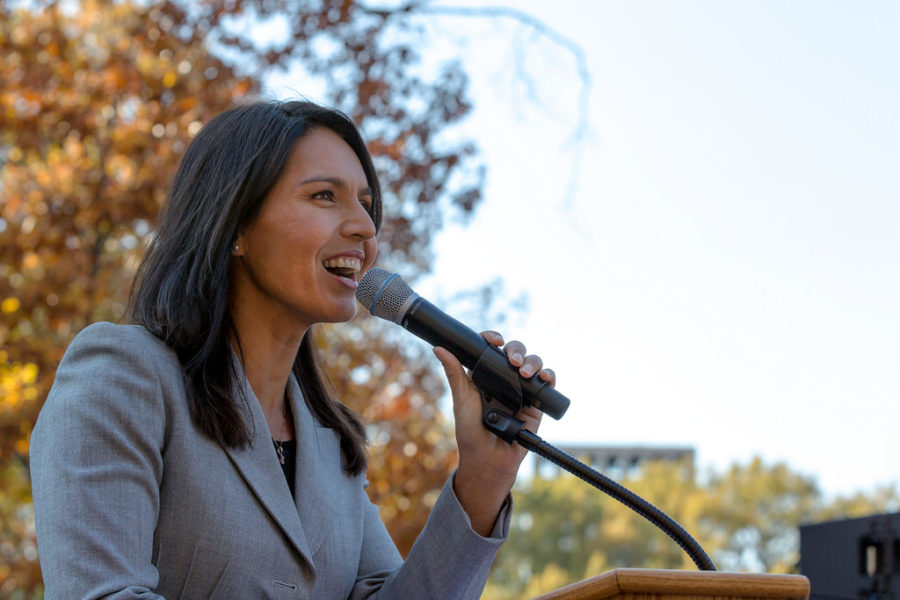
Tulsi Gabbard speaking at the People’s Rally in Washington DC.
Former Secretary of Housing and Urban Development Julian Castro announced his campaign on Jan. 12. He supports progressive measures to make college more affordable.
“We need to ensure, if we want to be competitive, that every single American who wants a higher education can get one. That’s why I believe that we need to work toward a tuition-free system of public university, college, apprenticeship and certification programs in this country to have the smartest, most well-prepared workforce that we can in this 21st century,” Castro said at an event in New Hampshire.
On Jan. 15, New York Senator Kirsten Gillibrand announced her campaign on The Late Show with Stephan Colbert. Senator Gillibrand is a cosponsor of the College for All Act. She also cosponsored America’s College Promise Act, which would have made two years of community college free.
California Senator Kamala Harris announced her campaign for the Democratic presidential nomination on Martin Luther King Jr. Day, January 21, 2019. Harris cosponsored both the College for All Act and the America’s College Promise Act. She has said that she supports free community colleges and public universities for students whose families earn less than $140,000 as well as lower student loan interest rates and assistance for non-tuition costs associated with college.
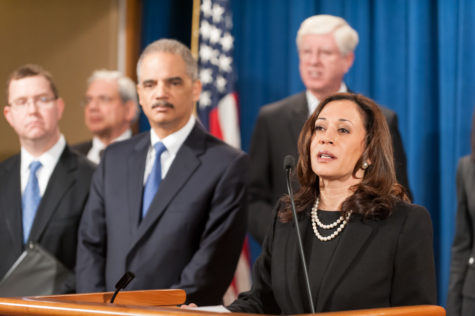
“College has become a dream that is weighed down with a giant price tag that an individual could only imagine taking on,” Harris said. “Those who take that challenge face mountains of debt and are trapped in a devastating cycle of loans that will follow them for decades.”
Mayor of Indiana’s city South Bend Pete Buttigieg launched his campaign on Jan. 23, There is no easily accessible information on Buttigieg’s policy positions on college tuition and loans. However, if elected, Buttigieg would be the first openly gay president.
As of February 1, the most recent addition to the democratic field is New Jersey Senator Cory Booker. Booker supports making two years of community college free and recognizes the burden that college loans can place on college students and their families.
“More than 100,000 low-income students are denied the ability to go to college every year, and a typical low-income family dedicates the equivalent of more than 70 percent of its annual income to send a child to college for a year,” read Booker’s 2014 senate campaign website. “Here in New Jersey, as in many states, there has been a massive spike in college enrollment paired with steep cuts in state support, putting tremendous pressure on tuition… I will support access to the education our kids need to succeed by doing all I can to ensure paying for that education is not a barrier or long-term burden.”
Appealing to young people is becoming more vital to presidential campaigns for both democrats and republicans. Whichever democrat ends up winning the nomination for president next year will likely face President Donald Trump in November’s general election.



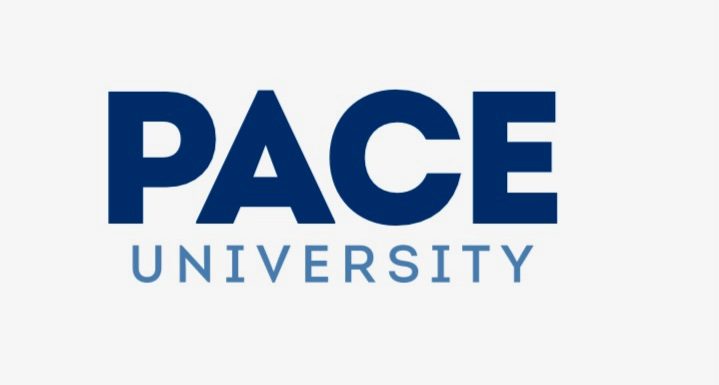

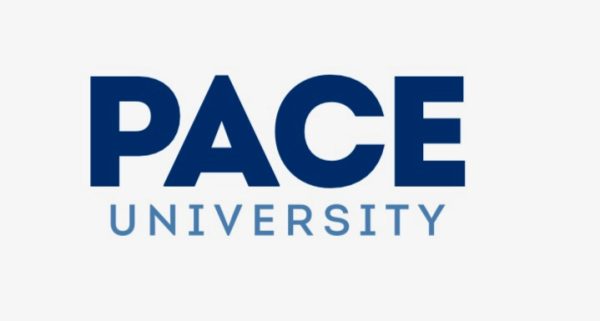
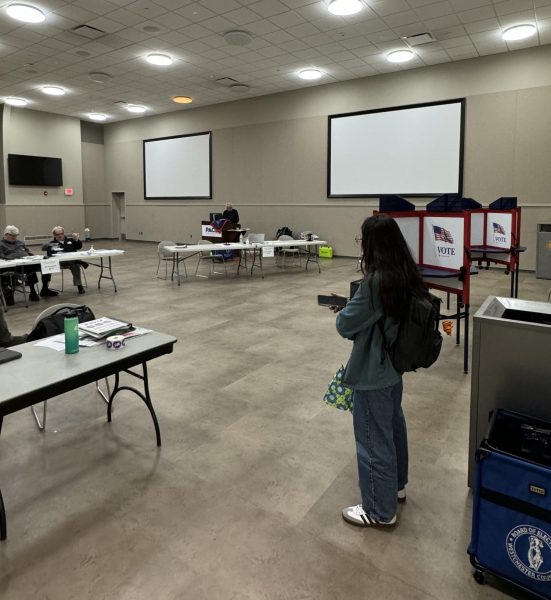


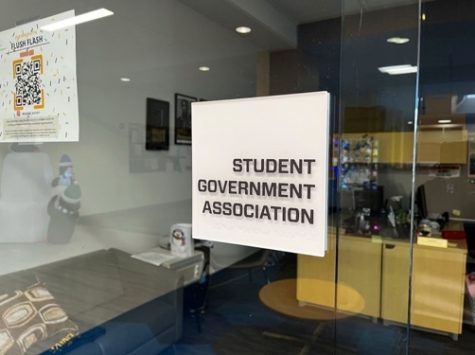


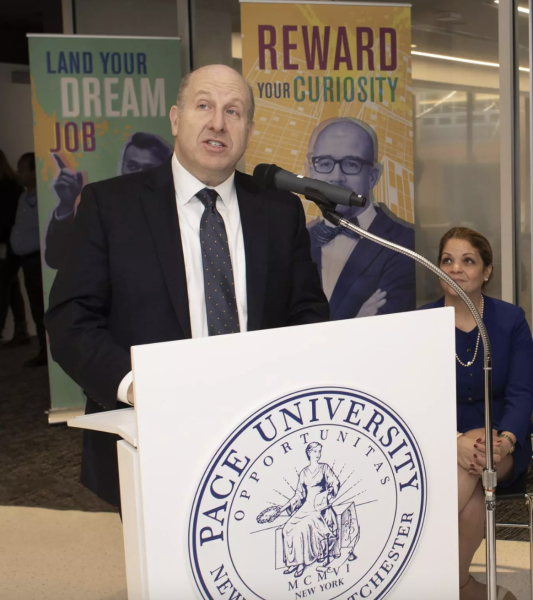
Cecilia Donahoe • Feb 4, 2019 at 1:32 pm
Thank you Callie Anderson for keeping us rising voters informed voters! This information in crucial to know and I appreciate your work to make it easily accessible to everyone.